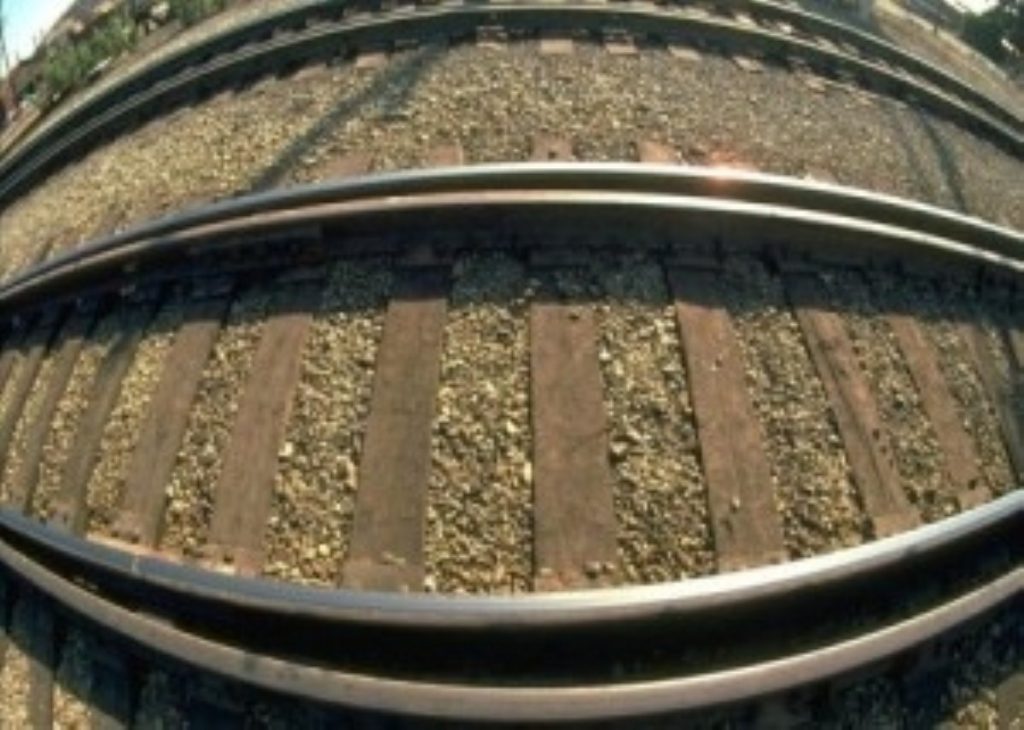Rail passengers face long wait for lower fares
Campaigners have called for swifter action on cutting rail fares, but a major report out today says passengers will have to wait.
British rail passengers are forced to pay around 30% more than those on the continent – and the spending review includes plans to see fares increase by three per cent above retail price inflation until 2015.
An independent study from Sir Roy McNulty published this morning calls for a 30% efficiency improvement by 2019 in order to cut rail fares.


After then the government aspires to return fare increases in line with inflation – but this is only an aspiration and depends on the efficiency savings recommended by Sir Roy being implemented.
Passenger organisations are refusing to accept the proposals, however, pointing out that those who use the railways want a quicker shift towards cheaper ticket fares.
Alexandra Woodsworth, public transport campaigner at Campaign for Better Transport, said: “We’re pleased that the government is accepting that there should be a review of fares, but with massively higher fare rises planned for the next three years, passengers want action now, rather than having to wait years for any savings to be passed on to them.”
Sir Roy said he had taken into account high rail fares and had decided the solution to the railway’s financial problems was not increasing ticket prices further.
“As my report makes clear, GB rail fares are already too high, and the whole thrust of the study’s recommendations is to reduce costs and thus reduce the pressures that have led to fares being at that level,” he wrote.
The study recommends a rebalancing of fares, which could simplify the ticketing structure but make fares more effective.
The steep jump from off-peak to busy period in terms of pricing could become more gradual, for example.
“The Department for Transport will undertake a full review of fares policy and structures, aiming to move towards a system that is seen to be less complex and more equitable, and which also aids the management of peak demand and the more efficient matching of demand with capacity,” the report added.

